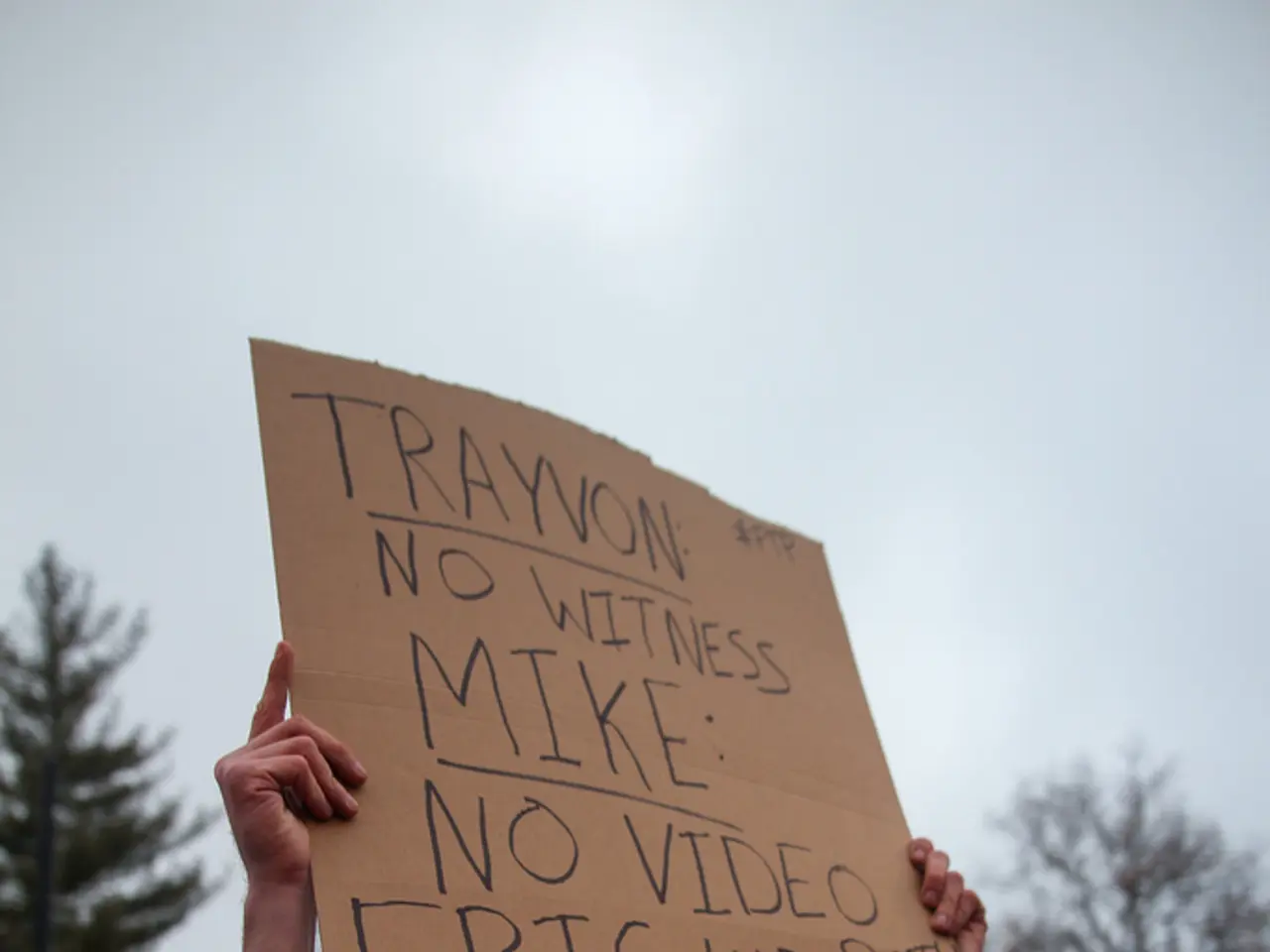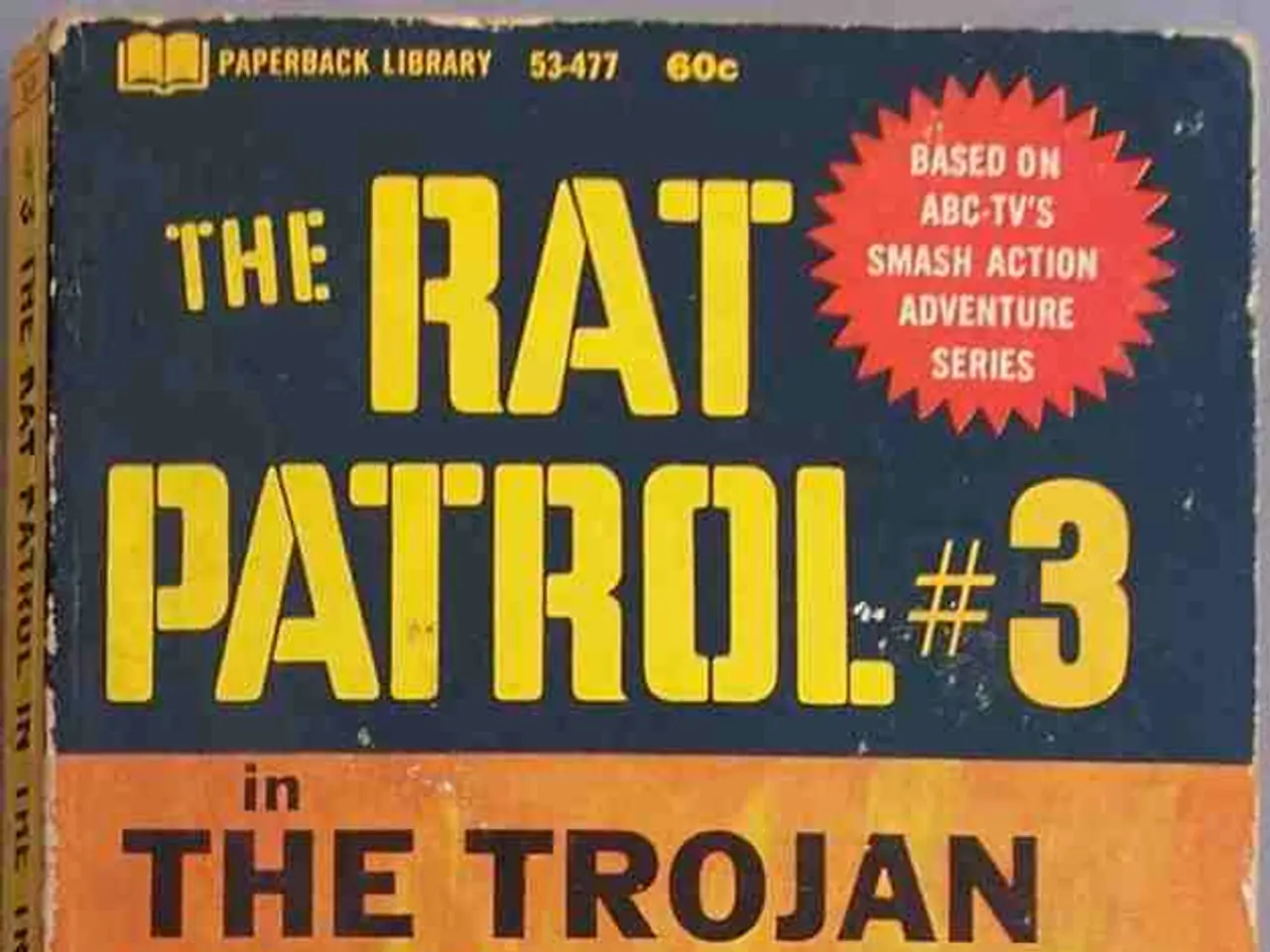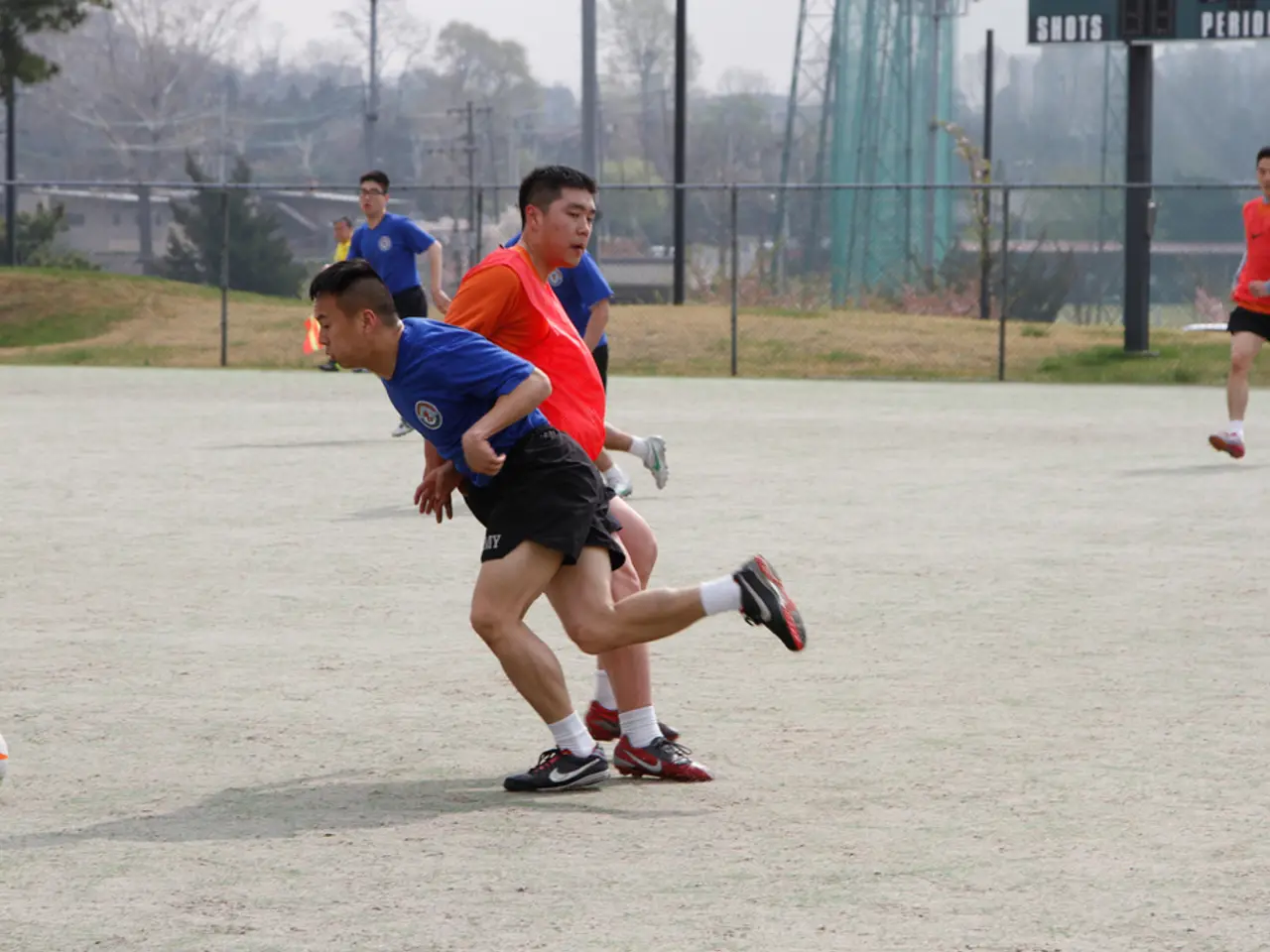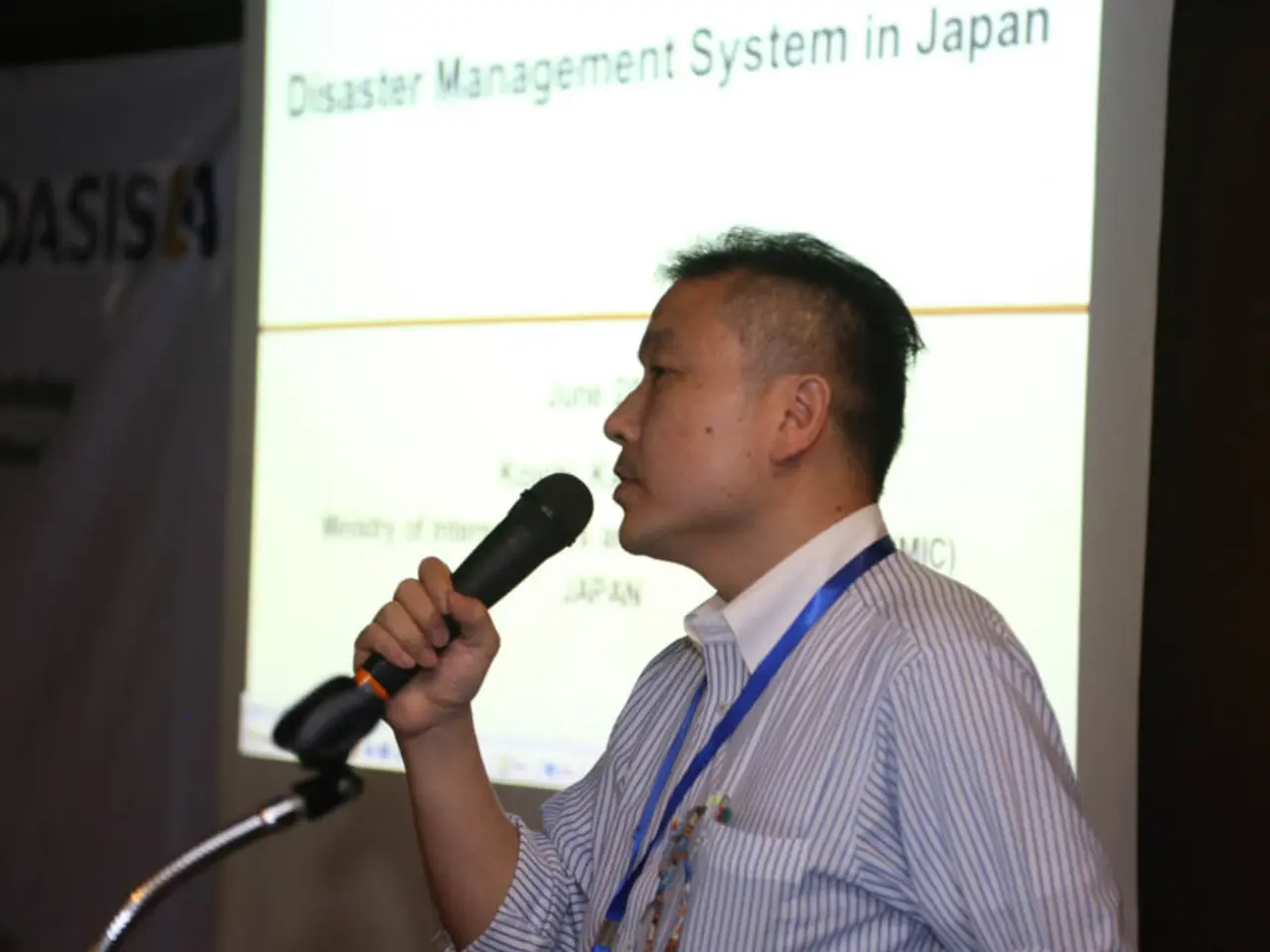President of Peru opposes judicial command concerning police immunity
In a controversial move, the Peruvian Congress has passed a bill granting amnesty to uniformed personnel accused or convicted of crimes during the conflict with the Shining Path and Tupac Amaru rebel groups. The bill, known as Bill 7549/2023-CR, is awaiting President Dina Boluarte's signature.
However, the Inter-American Court of Human Rights (IACHR) and other international bodies have urged Peru to reconsider the legislation, arguing that it contravenes international human rights law. The IACHR has previously struck down similar amnesty laws passed in Peru in the 1990s, ruling them inconsistent with Peru's human rights obligations.
The new law revives the same legal protections that had been invalidated, sparking condemnation from human rights experts and organizations. Critics argue that the legislation would impede access to justice and reparations for victims of Peru’s internal conflict, which involved extensive atrocities including massacres and disappearances primarily impacting Indigenous populations.
According to a UN report, the law could affect around 156 final judgement cases and 600 ongoing trials. The IACHR advises competent authorities to refrain from applying the law while it investigates the legality of the amnesty.
The bill has been met with opposition from Amnesty International, which had urged the legislature to side with victims and reject the bill. The IACHR has also urged Peru to immediately suspend approval of the law, as it would put the country in breach of its duties under international law.
Approximately 70,000 people were killed during the decades-long unrest in Peru. About 20,000 people remain listed as "disappeared" in the country, according to a report by UN experts. The Peruvian Truth and Reconciliation Commission has also reported more than 4,000 clandestine graves in the country as a result of two decades of political violence.
President Boluarte insists that the bill is intended to bring justice to members of the armed forces, police, and self-defense committees who risked their lives to fight against terrorism. However, the international community remains firm in its stance that amnesties for grave human rights violations are prohibited under international law.
Twenty states in the Americas recognize the jurisdiction of the IACHR to interpret the American Convention on Human Rights. As the bill awaits Boluarte's signature, the international community watches closely, hoping for a reversal of the legislation that would uphold justice and accountability for victims of Peru’s internal conflict.
[1] UN human rights experts’ statement: https://www.ohchr.org/EN/NewsEvents/Pages/DisplayNews.aspx?NewsID=27433&LangID=E [2] IACHR decision on previous amnesty laws in Peru: https://www.corteidh.or.cr/docs/casos/articulos/seriestramos/151-01-10-151-01-10-esp.pdf
- The international community, including the Inter-American Court of Human Rights (IACHR), has urged President Dina Boluarte to reconsider the Peruvian legislation granting amnesty to uniformed personnel accused or convicted of crimes during war-and-conflicts, as it contravenes international human rights law and policy-and-legislation regarding grave human rights violations.
- Critics argue that the new law, known as Bill 7549/2023-CR, would impede access to justice and reparations for victims of Peru’s internal conflict, mainly affecting Indigenous populations, and put the country in breach of its duties under international law, particularly human rights law.
- Amnesty International and the IACHR have called upon Peru to immediately suspend approval of the contested bill, as its implementation would violate general-news standards of justice and accountability for victims of Peru’s internal war-and-conflicts, adding that international law prohibits amnesties for grave human rights violations.







